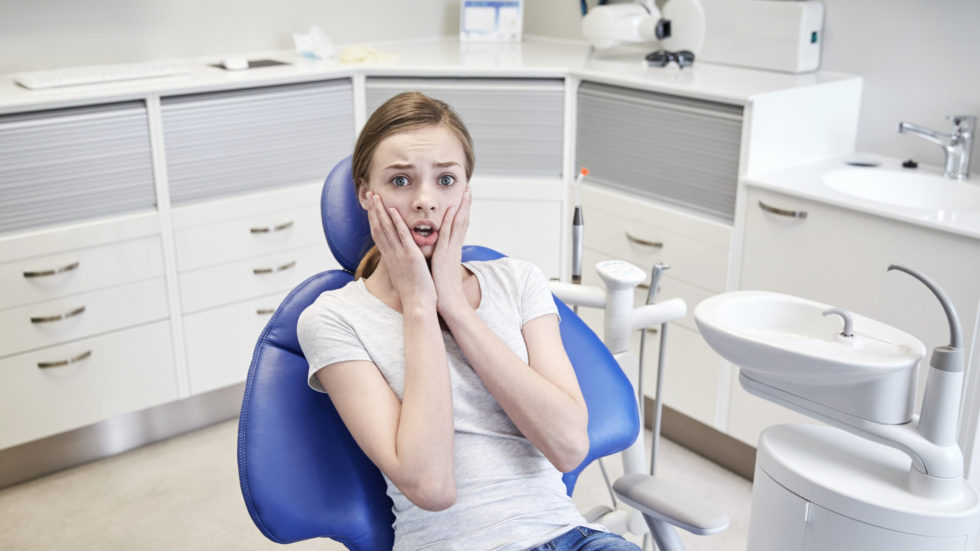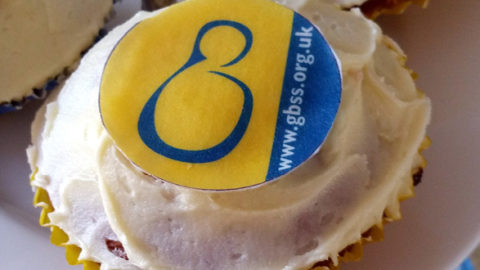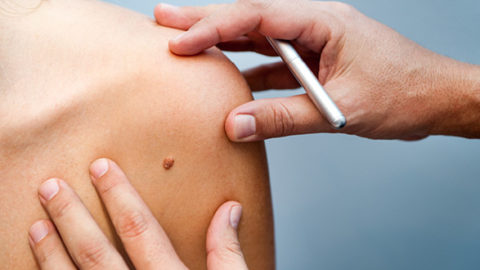Do You Fear The Dentist?

Most people will say they do not look forward to a dental appointment but for some there is a deep feeling of anxiety and fear which is keeping them away – in fact, a British Dental Health Foundation survey found that for 36% of those who did not see a dentist regularly, fear was the number one reason.
Do you, or does someone you know, suffer from dental anxiety or dental phobia? Some people with the condition are putting themselves at risk of serious illness with a higher risk of gum disease and early tooth loss. There are professional out there to help even
the most nervous to say “argh!” no more.
Causes
Pain
Of those who had not seen a dentist for 12 months, 6% reported fear of pain; this fear is common in those aged 40 or older as their early visits to the dentist were at a time before advances in dentistry.
Helplessness and loss of control
Like many phobias about situations there is often a feeling for a sufferer that they have no control of a situation. They sit still in a dentist chair and feel unable to predict what is going to happen next.
Embarrassment
The mouth is an intimate part of the body; people can feel ashamed or embarrassed by having a stranger looking inside. This may be a problem if you are self-conscious about the look of your teeth.
Symptoms
There is not a clearly defined boundary separating anxiety and phobia, everyone has fears and concerns and copes in different ways.
However, some of the signs of dental phobia include:
You feel tense or have trouble sleeping before a visit to the dentist
You get increasingly nervous in the waiting room
The sight of dental instruments and nursing staff increases your anxiety
You panic or have trouble breathing when objects are placed in your mouth
What To Expect On A Dental Visit
If you have not been to a dentist for some time, they will want to take a full health history.
On follow-up visits if your health status changes tell your dentist. Here is what to expect on a visit:
Thorough Clean
A dental hygienist or dentist will remove built-up plaque and tartar that can cause gum disease, cavities, bad breath and other oral health problems.
Dental Examination
Your dentist will perform an examination of your teeth, gums and mouth, looking for problems.
X-Rays
These can diagnose problems otherwise unnoticed, such as damaged jawbones and tumours.
Ways To Ease Fear
Find an understanding dentist – ask friends and family for recommendations
Pick an appointment early in the morning so you have less time to dwell on it
Take a friend with you – a dentist won’t mind if they accompany you on your visit
Agree a sign with the dentist to signal that you need a break and want them to stop
Take a personal listening device to listen to music which can help you relax
[box type=”shadow” align=”” class=”” width=”600″]Sedation Clinics: If you are visiting a dentist and need treatment, ask your dentist whether they offer a form of sedation. If they cannot offer sedation they can refer you to a sedation clinic. The sedation clinics are specifically for nervous dental patients. They can provide either inhalation sedation through a small mask or an injection into your hand or arm – you will be awake during treatment but you will be calm throughout and you probably will not be able to remember the treatment![/box]By Jacob White






